Candy Cots?
I try hard not to miss linking to any articles by David Karp (The Fruit Detective), but I let this one slip by a while ago:
Sweet Rewards for Apricot Explorers (New York Times)
I would love to see some more apricot options out there. I have had good apricots, but most of them were a long time ago, and unlike many stone fruits, moving some place where they can be grown and buying them from the farmer's market hasn't really helped. Okay, it's helped some, but even 'Blenheim', which I'd heard good things about for years, has repeatedly proven rather unsatisfactory. Virtually all apricots I've tasted recently have been unimpressive. The very best of the Blenheims I've had were sweet, with a touch of tartness, but no distinct flavor beyond that, and no real aroma, either. My two-year-old was sufficiently unimpressed that she decided to chew on a lemon instead (although to be fair, she was upset with the results of that, as well).
It's interesting to me that it's taken this long for such supersweet apricots to be introduced to this country if they've been known for a while. Doesn't it seem like anything extremely sweet has pretty obvious commercial potential? Of course it wasn't that long ago these were locked behind an iron curtain, and the Central Asian republics hadn't been at the forefront of anyone's mind in a while, with the exception of a few botanists and oil and gas tycoons (and maybe Borat fans). I have to say I really don't like the name "Candy Cot"--fruit names really shouldn't be cutesy, in my opinion. This sounds like something a marketing department would come up with, not a fruit breeder. But to each his own, I guess. (And really, "candy" can't be too far off at 26 degrees Brix).
Apricots can be kind of tricky in their climate requirements: they tend to have a fairly high chilling requirement (frequently 700-1200 hours, though Blenheim and a few others are a bit lower--more like 400-500), which excludes them from many warm climate regions, but they also have a tendency to get clobbered by changes in winter temperature, and, most critically, the habit of early flowering means that late frosts can wipe out crops in many of the areas with enough chilling to grow them.
I did see a pair of very low chill hybrid apricots at the University of Florida. These are crosses with a selection of Prunus mume from Thailand. Prunus mume is also known as Japanese apricot (or just 'mume' or 'ume') and although lower chill than the standard apricot (Prunus armeniaca) is generally kind of borderline in as far as chill in Florida itself. I asked Wayne Sherman, the retired stone fruit breeder from U.F., about the hybrids, and he seemed a little non-committal about their prospects--probably not a promising sign, given his almost universal enthusiasm for every other tree I asked him about there.
There are a few other armeniaca x mume hybrids out there, though none of the others are to my knowledge the product of intentional crosses. These include 'Shirokaga' and 'Bungo' (a name which has always amused me). I have no idea what chilling requirements are on these, but an Australian study found 'Bungo' poorly adapted for subtropical conditions.
Labels: apricots, david karp, mumes, news, Prunus


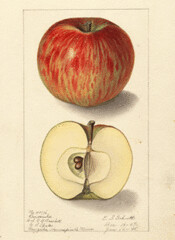
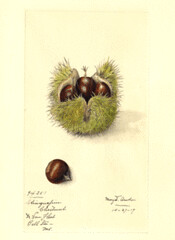
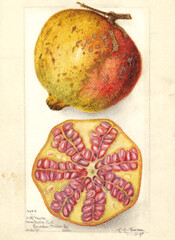
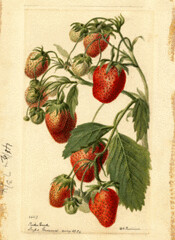
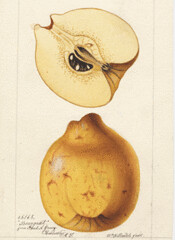



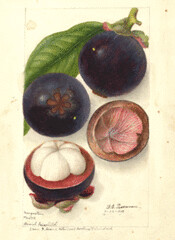
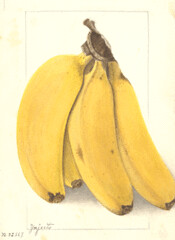

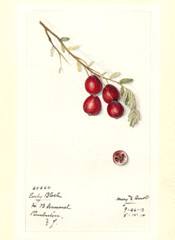
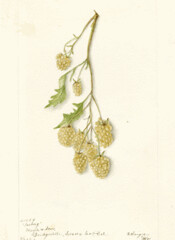
3 Comments:
I have been looking for "Shirokaga". ( to make plum wine) Do you know where I can purchase the tree?
Thank you!
Hmm... The only place I can recall seeing it listed off the top of my head is L.E. Cooke. They're a wholesale nursery, which means you're not going to be able to order it from them, but they might be able to point you to a retailer that could...
L.E. Cooke
coach outlet online
ecco shoes
ralph lauren uk
pandora
christian louboutin shoes
oakley sunglasses wholesale
kate spade outlet
adidas yeezy
longchamp outlet
coach factory outlet
Post a Comment
<< Home